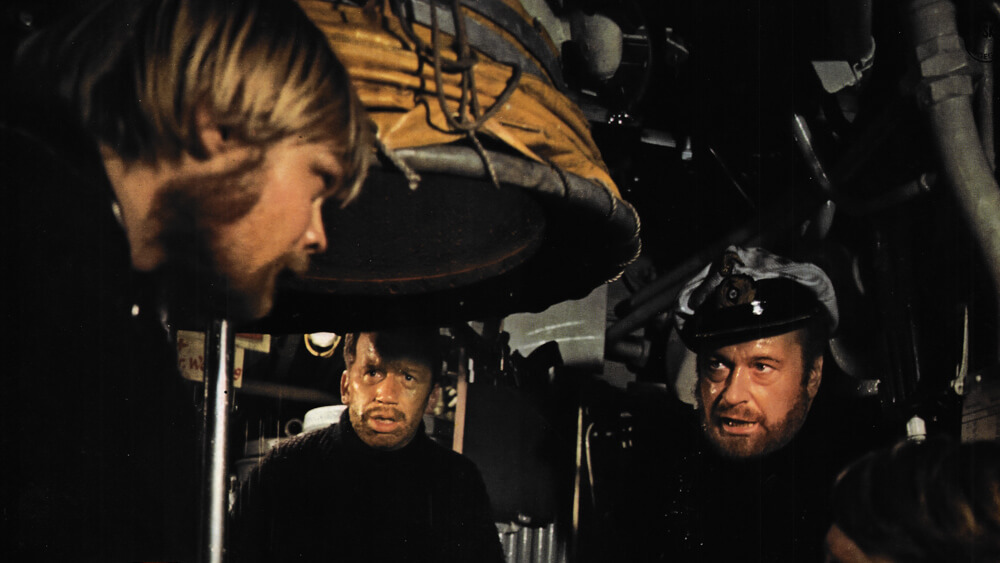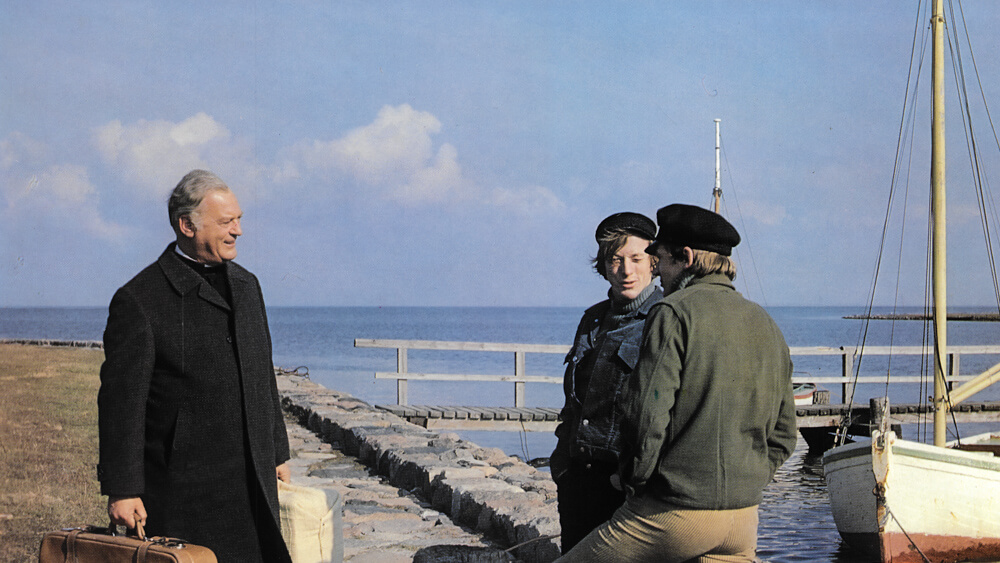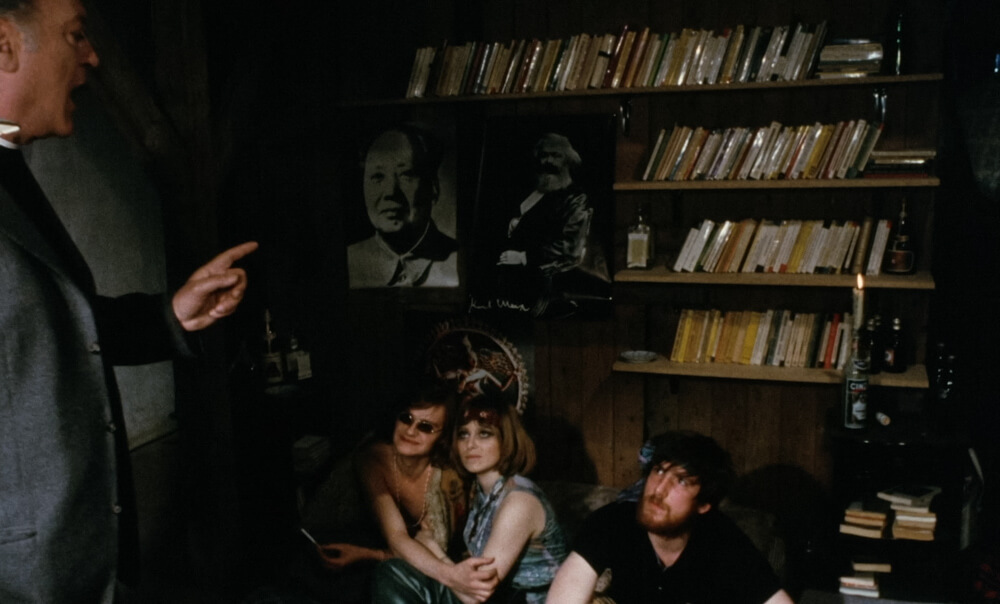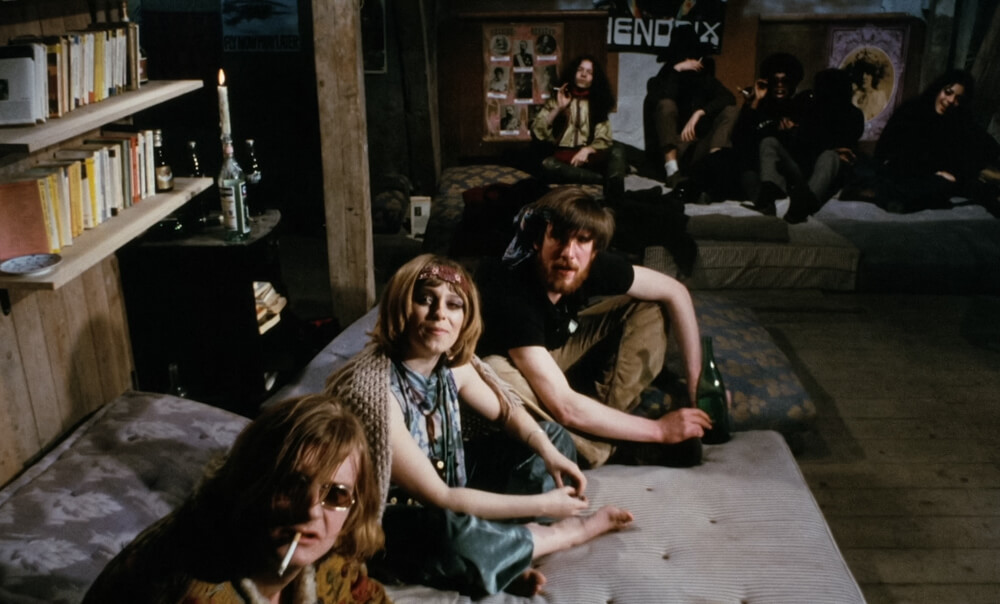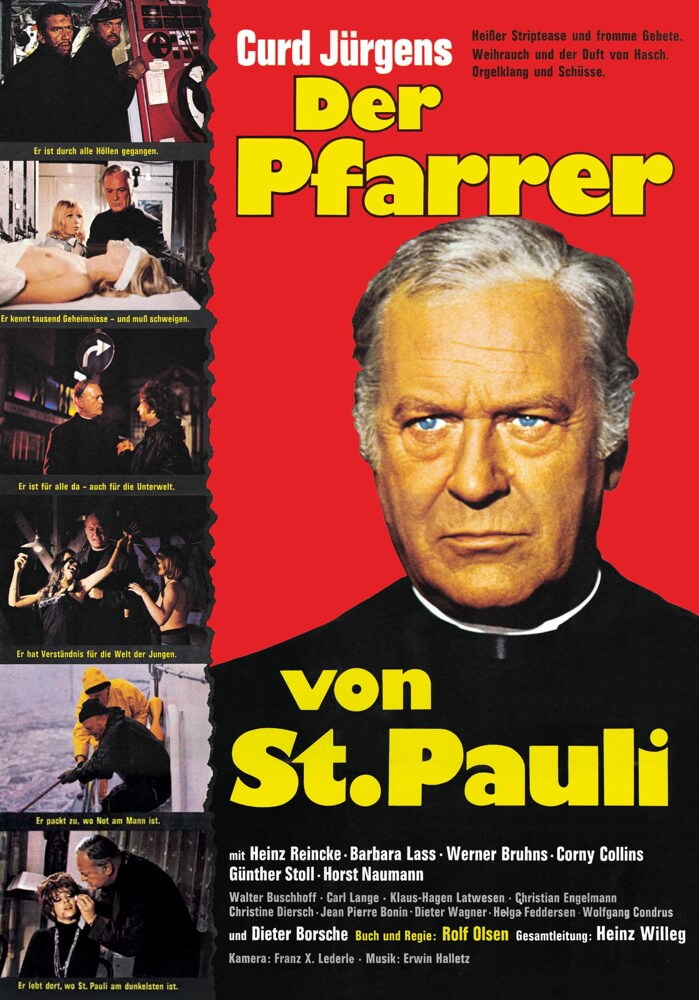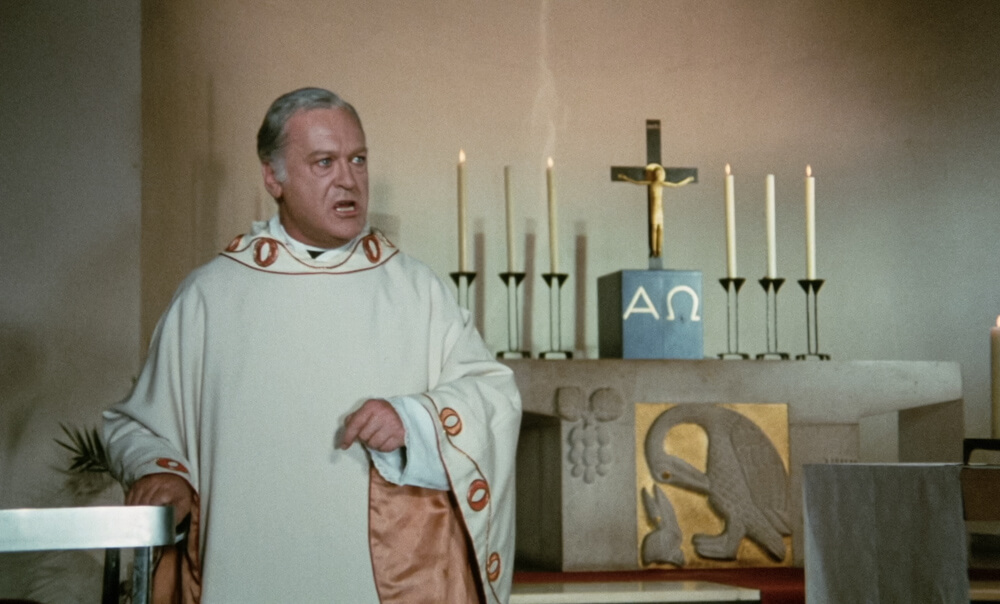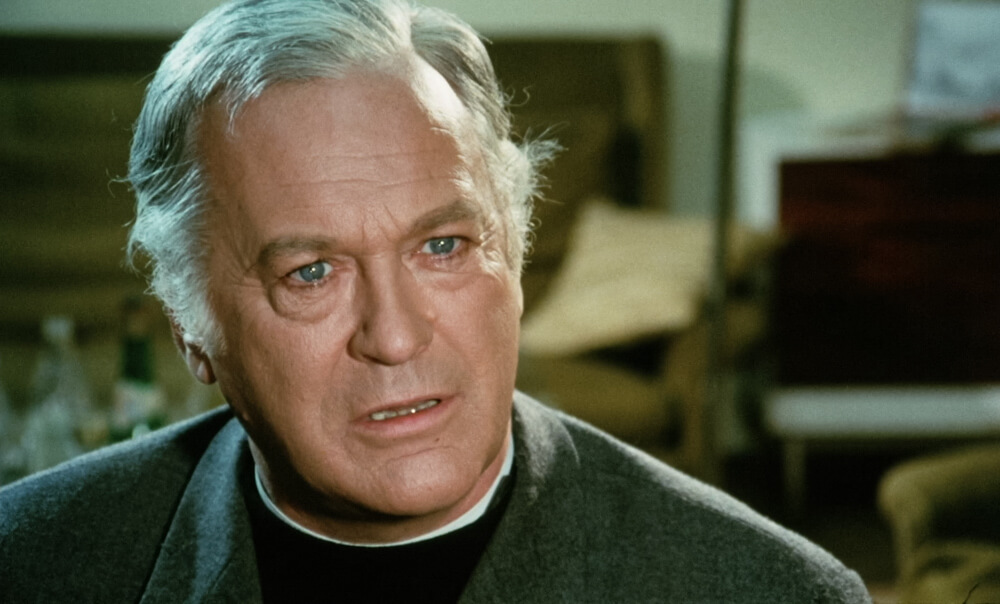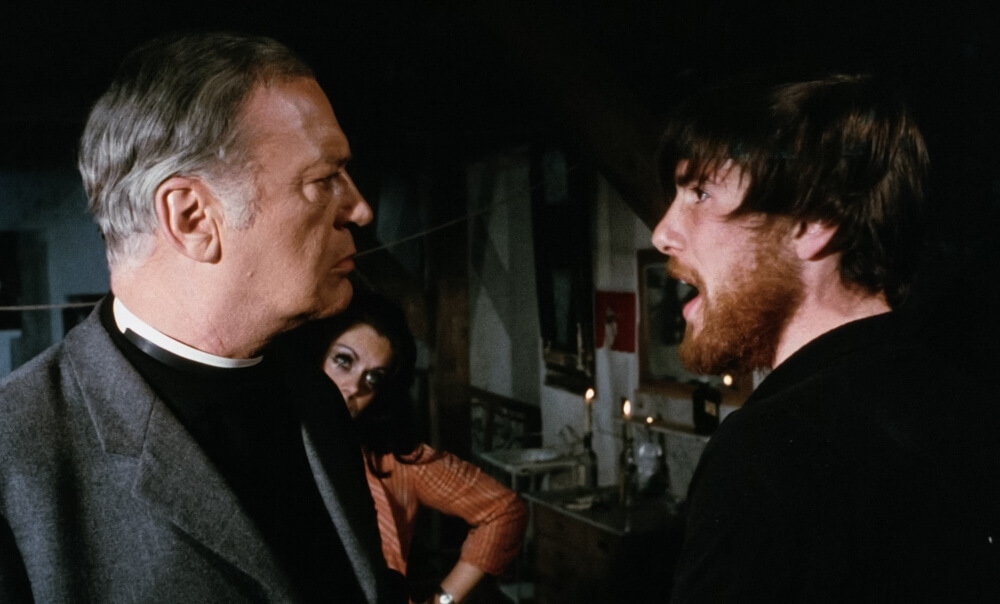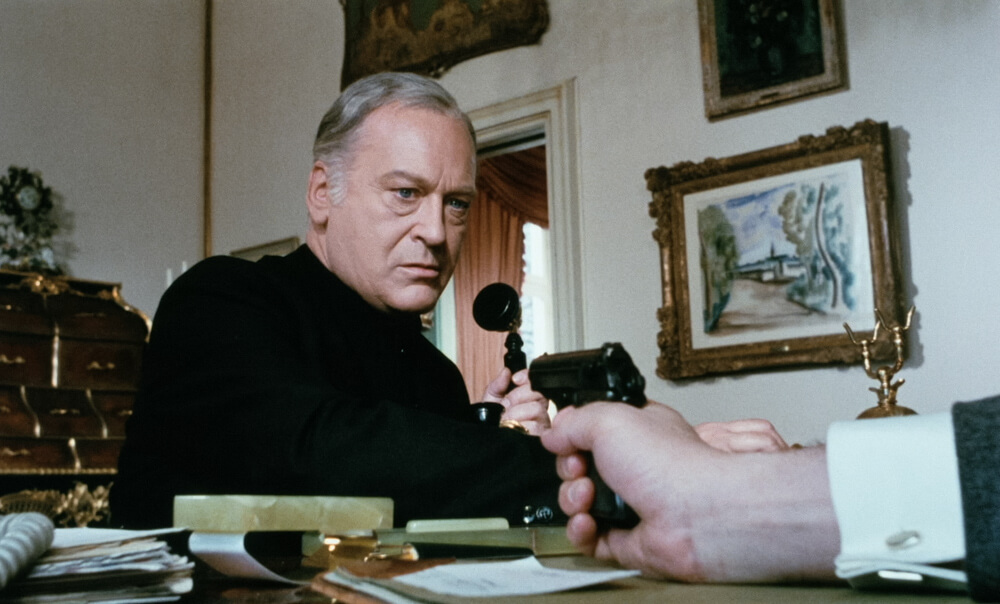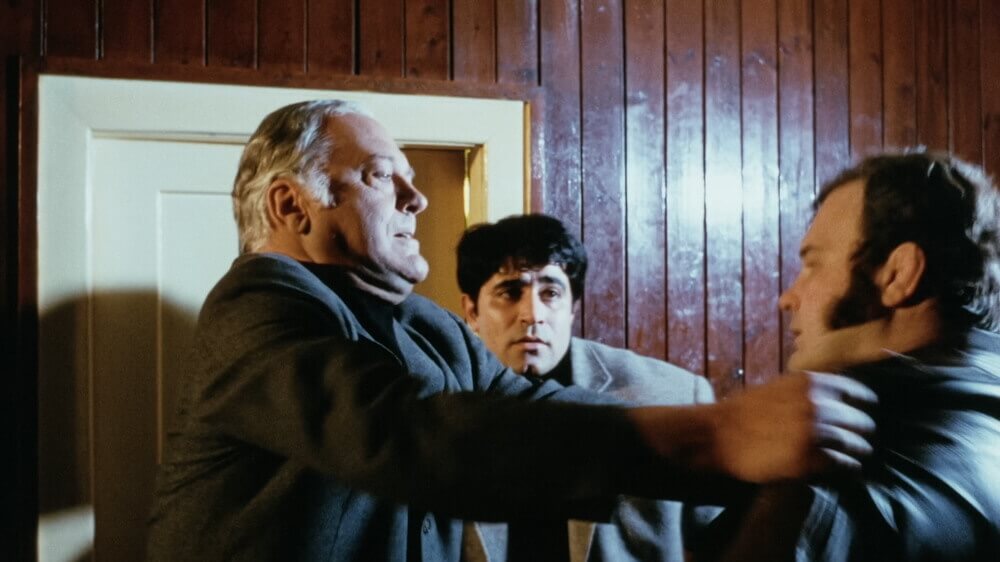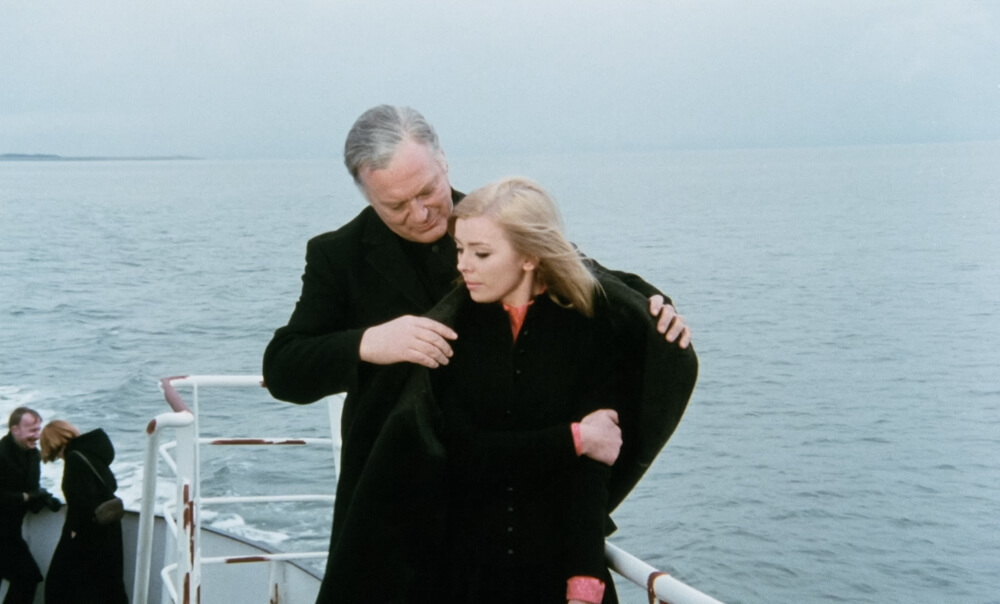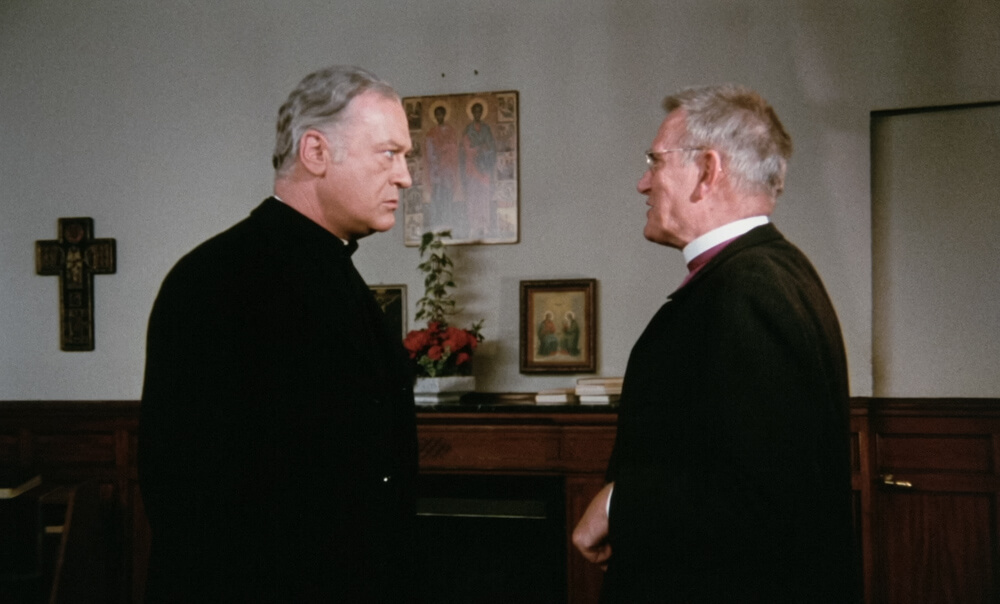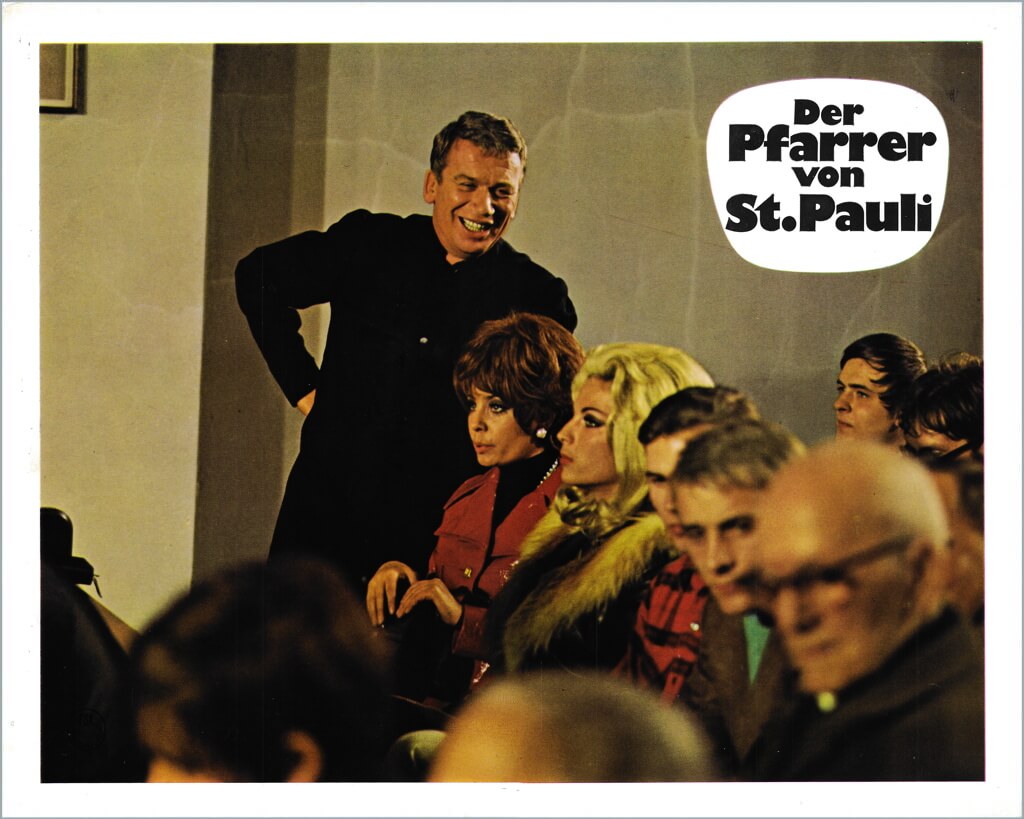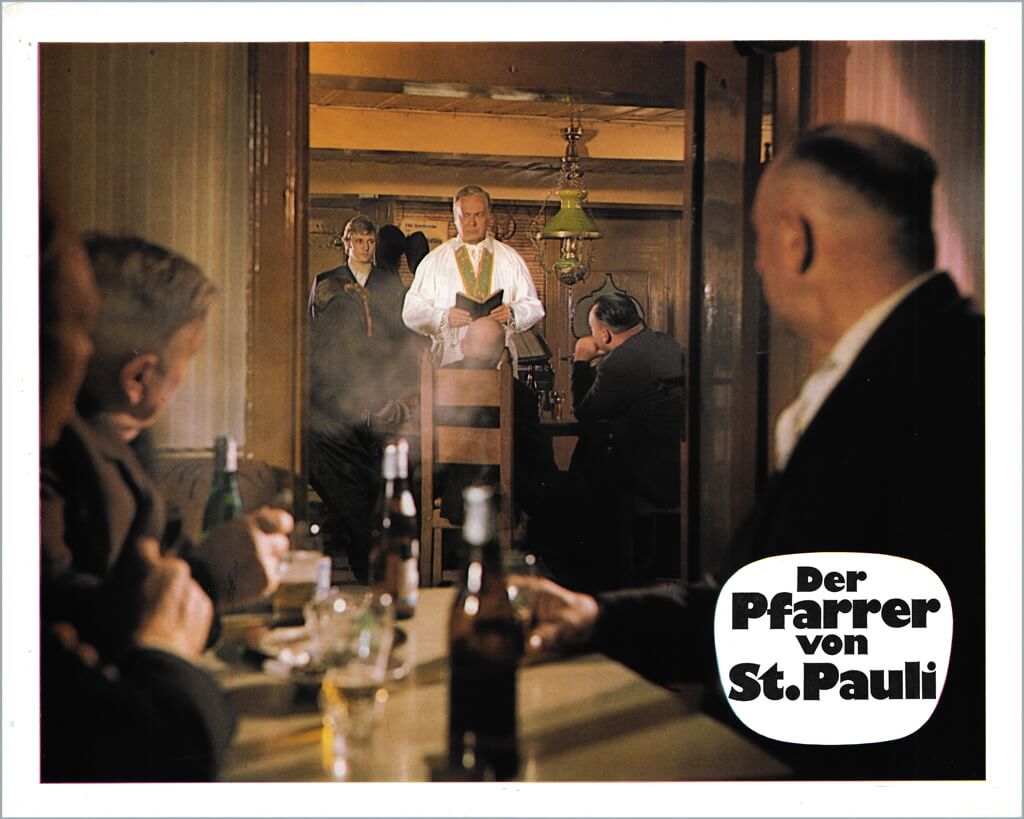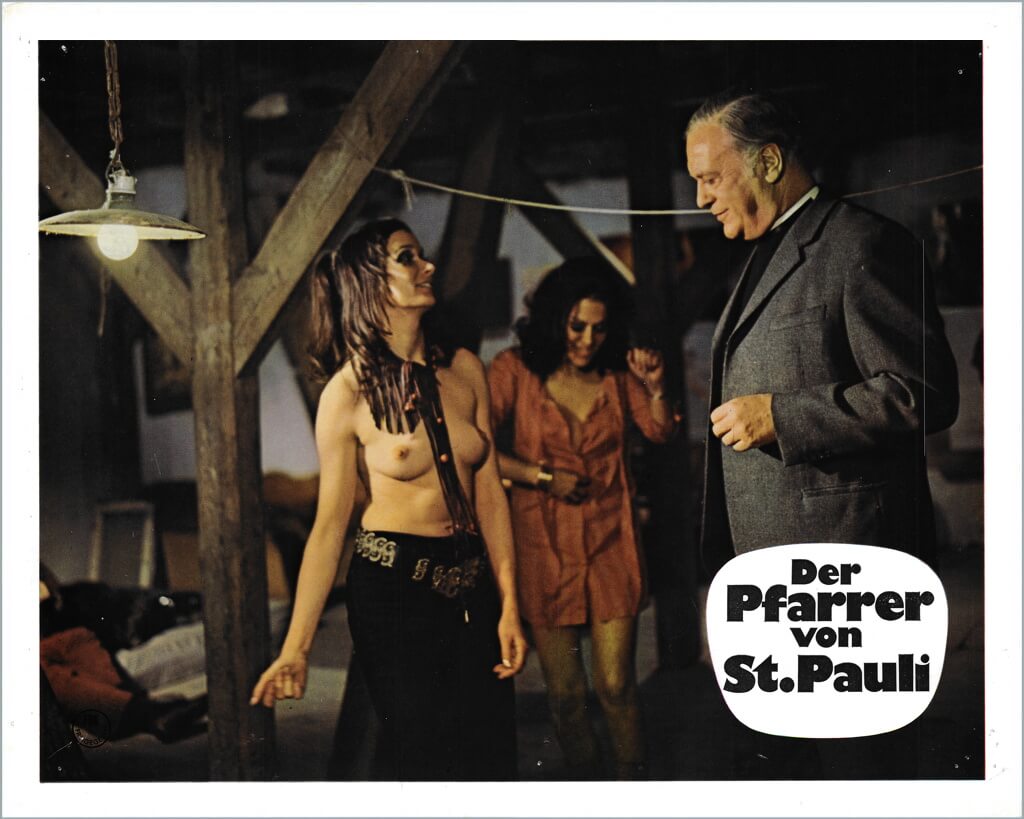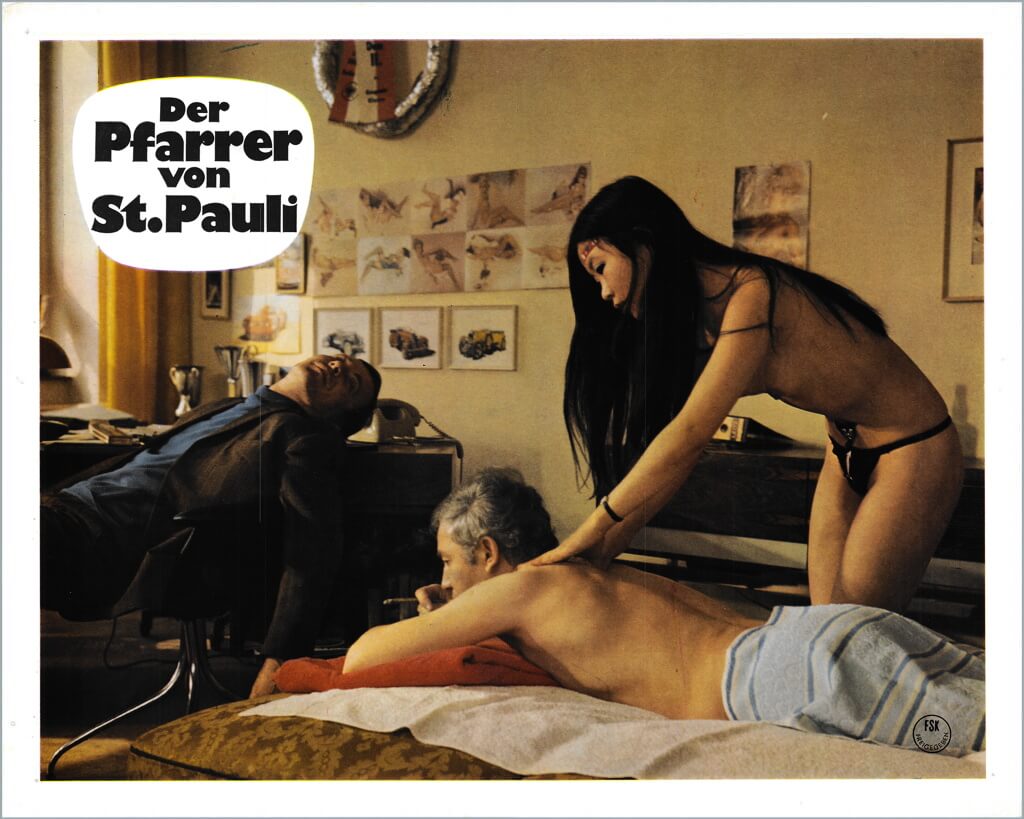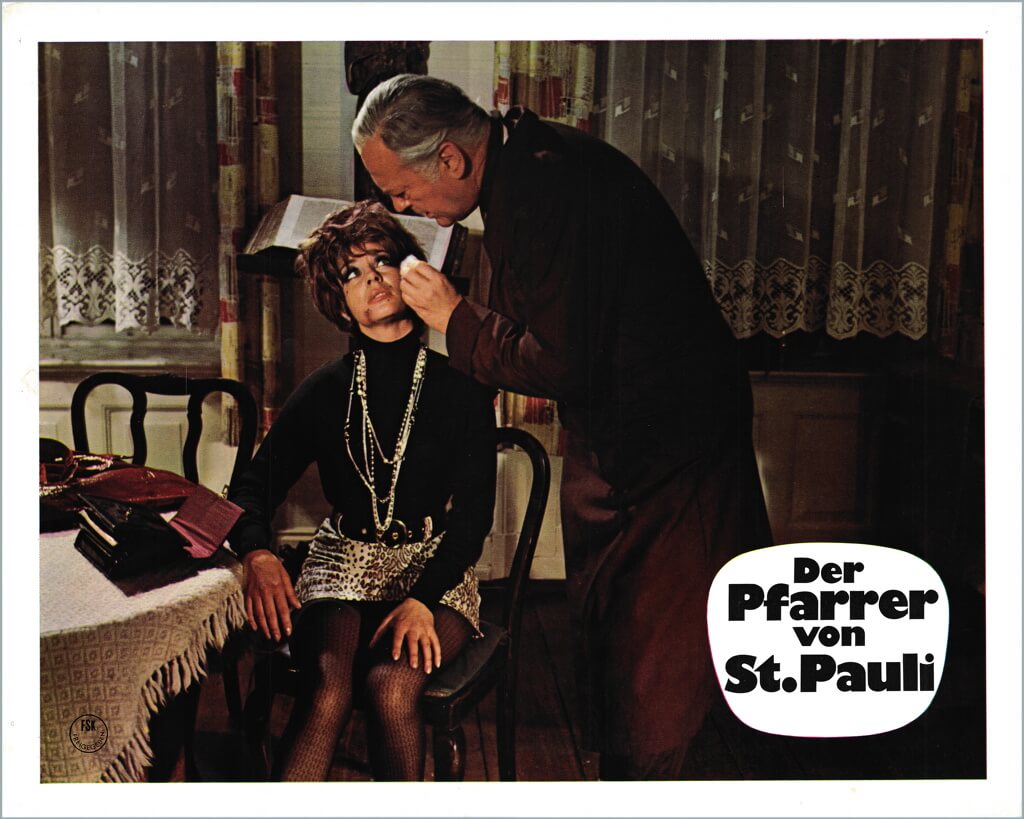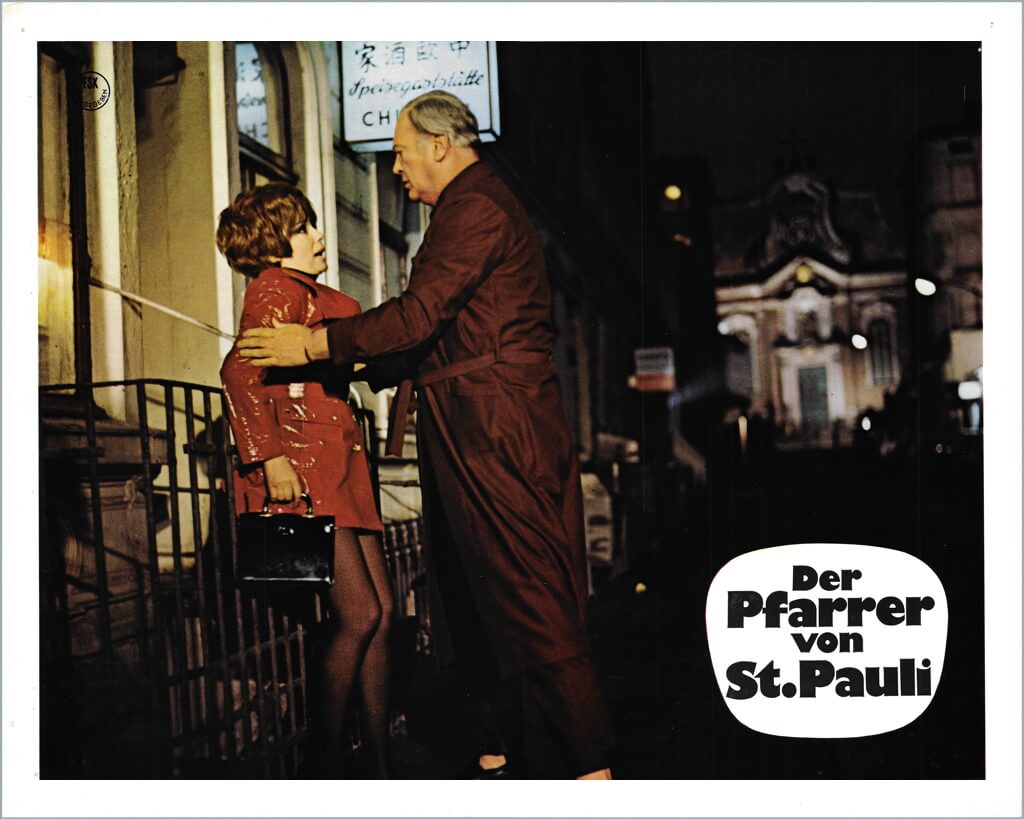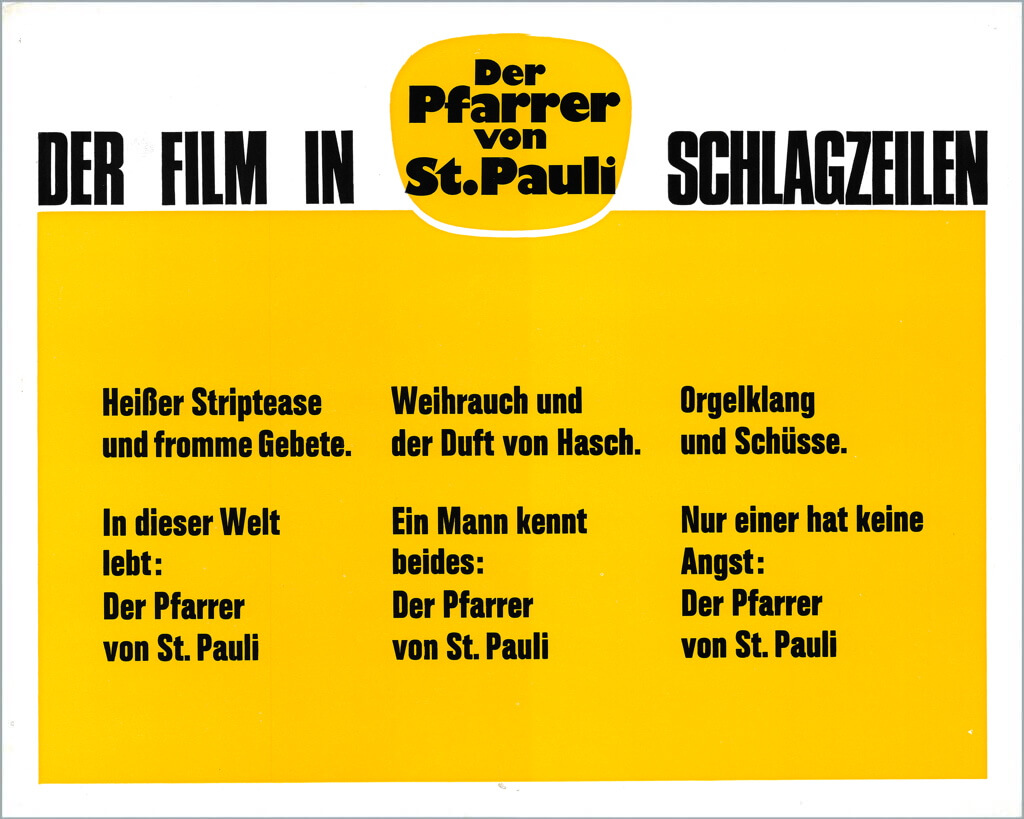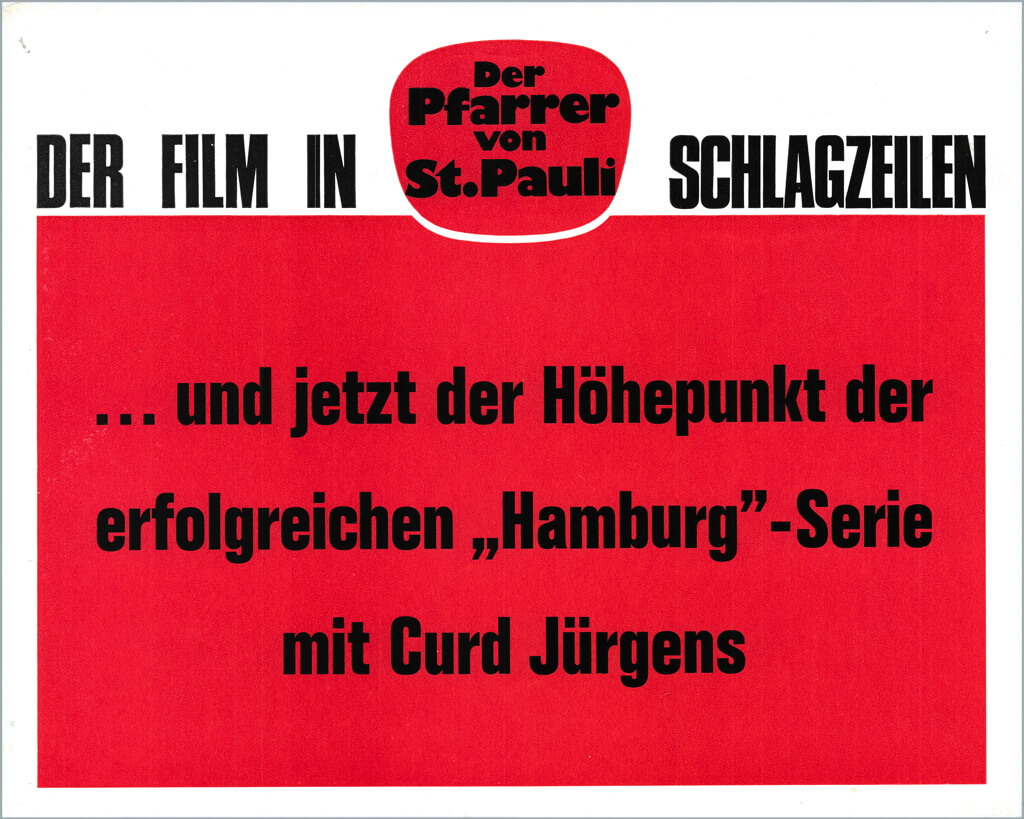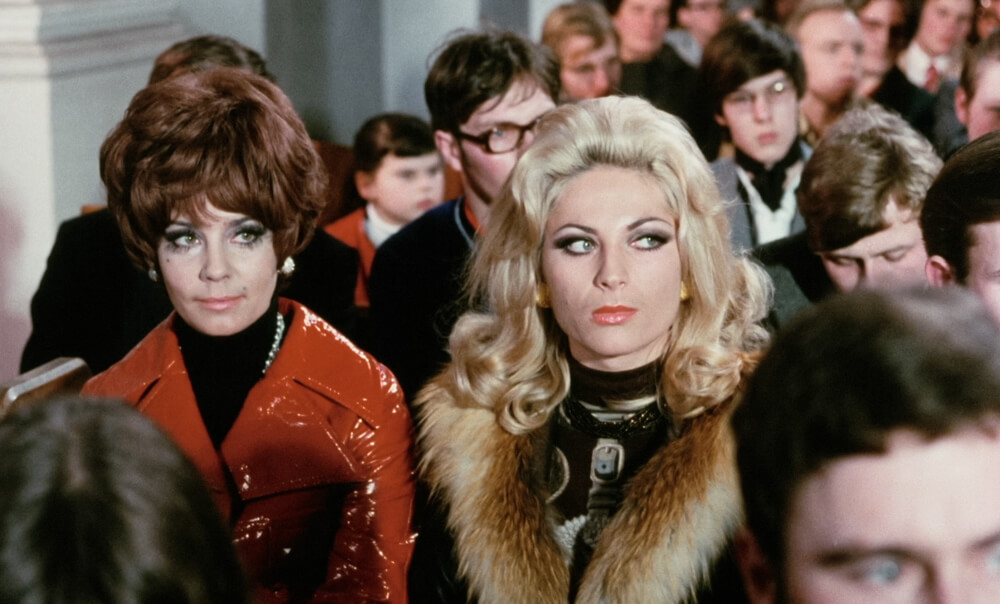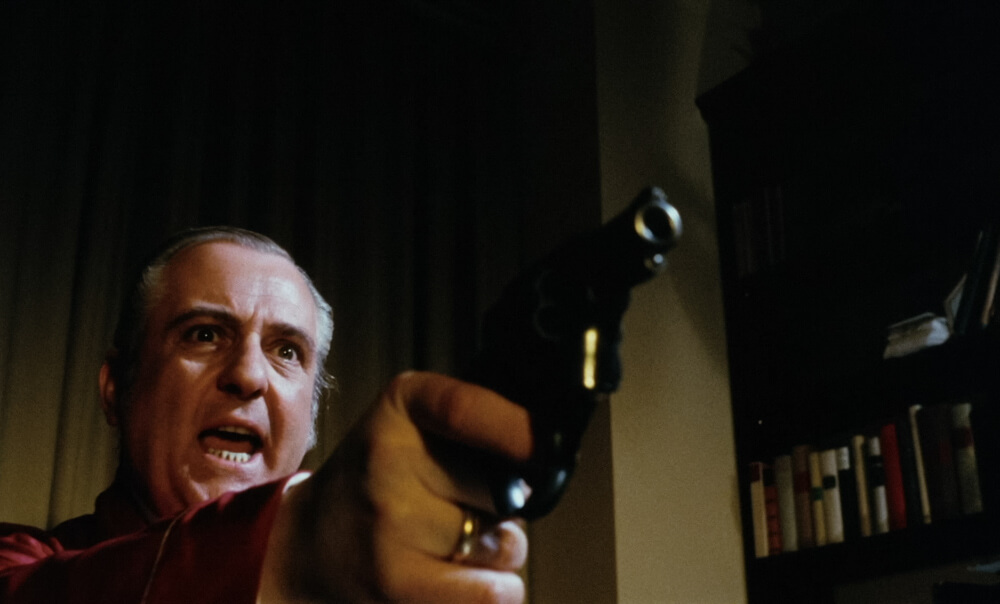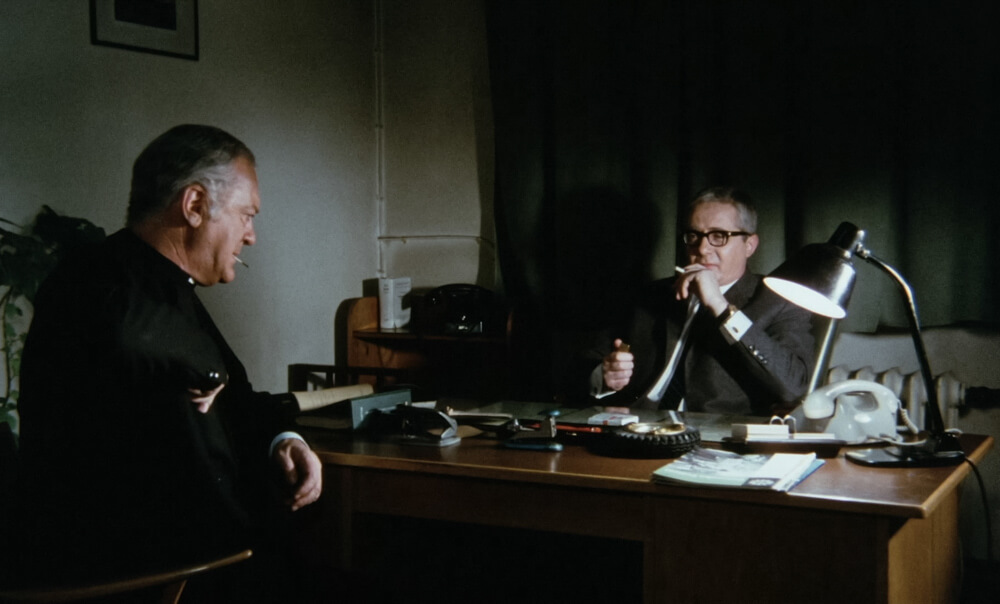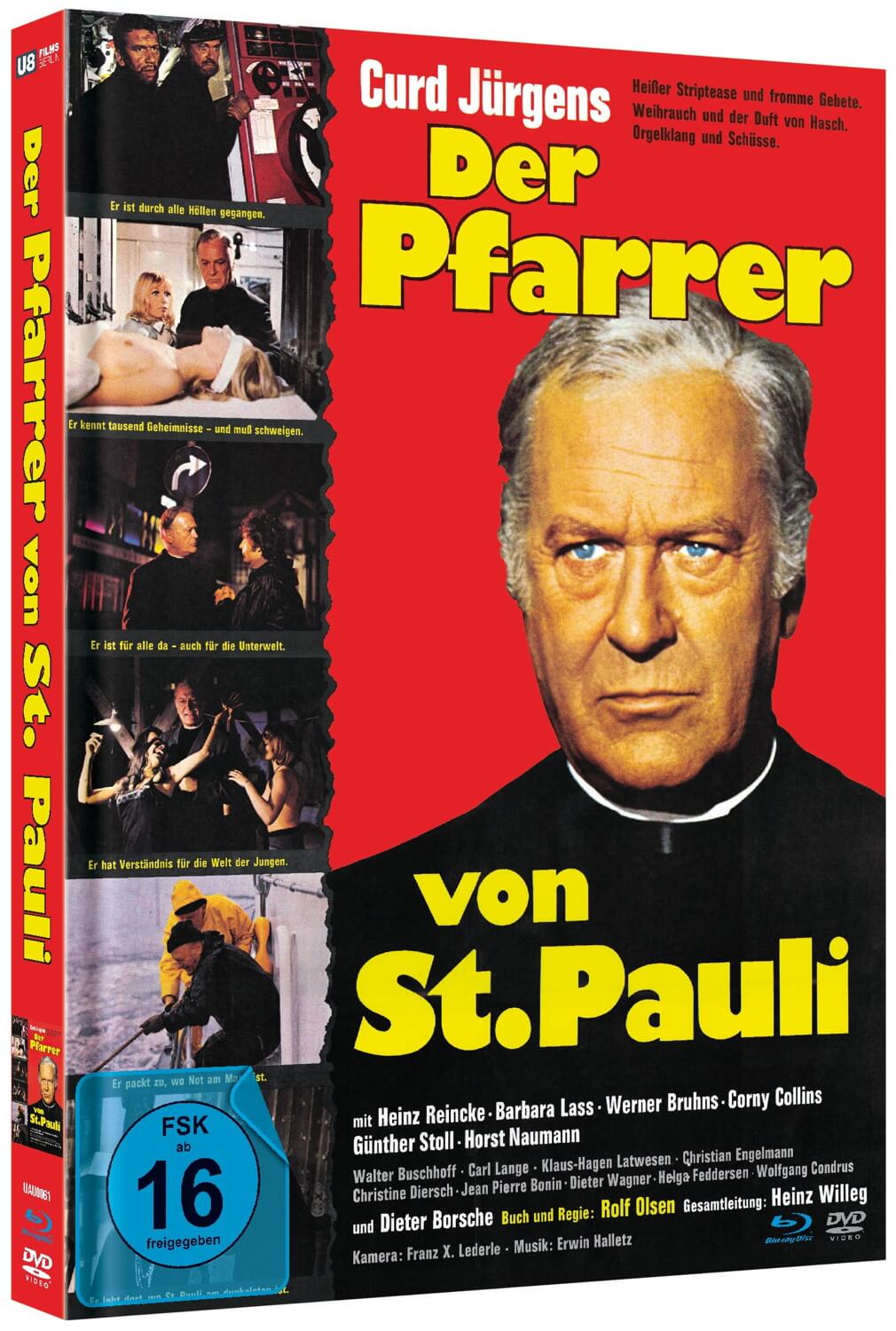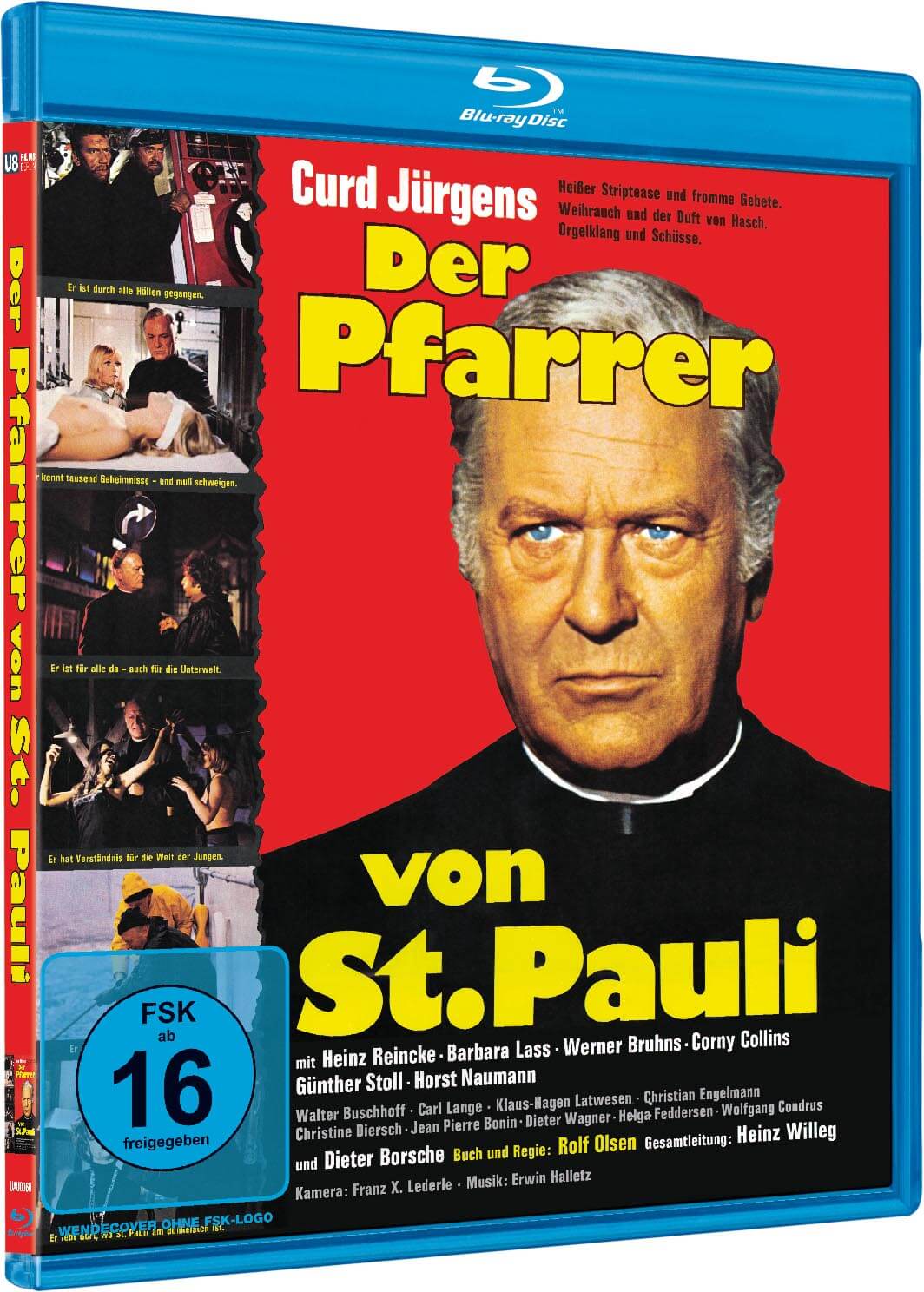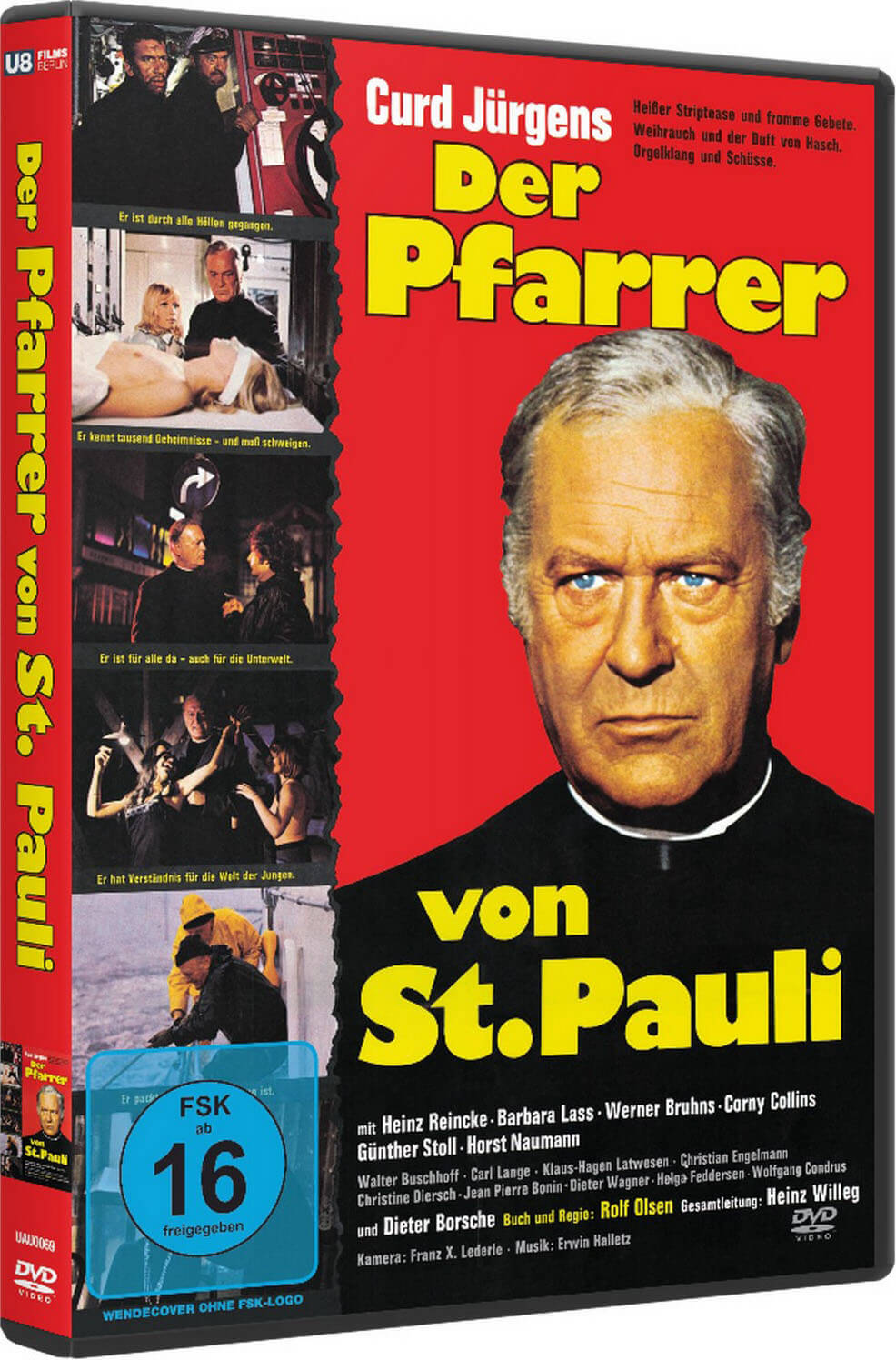Original title: Der Pfarrer von St. Pauli
Director: Rolf Olsen
Screenplay: Rolf Olsen
Actor & actresses: Curd Jürgens, Heinz Reincke, Barbara Lass, Werner Bruhns, Günther Stoll, Horst Naumann Walter Buschhoff, Carl Lange, Klaus Hagen Latwesen, Christian, Christine Diersch Jean-Pierre Bonnin, Dieter Wagner, Helga Feddersen, Wolfgang Condrus, Karl Schurr Dieter Borsche, Ilse Peternell, Georg Hartmann, Hans Hessling, Norbert Langer, Jürgen Lier, Rolf Olsen, Fritz Tillmann, Ingrid von Bothmer
Producer: Heinz Willeg
Cinematography: Franz Xaver Lederle
Editing: Renate Willeg
Costumes: Elisabeth Schewe
Music: Erwin Halletz
Production companies: Terra-Filmkunst, Allianz Filmproduktion
Year of production: 1970
Genres: Crime, Drama
Country: Germany
Language: German
Synchronisations: Italian, German
Filming location: Hamburg
Length: 103 Min
Rating: FSK 16
Aspect ratio: 1.66 : 1
Sound mix: Mono
Resolution: Full HD (new scan)
More titels:
English: The Priest of St. Pauli
French: Monsieur le curé est mis au vert et voit rouge…, Un prêtre pas comme les autres
Italian: Io so chi ha ucciso
Greek (translatet): Amartoles gynaikes tou Saint Pauli
Turkish: Aşk Kaatili
Film label: U8 Films Berlin
Theatrical start: 18.08.1970
Mediabook (Blu-Ray+DVD): 07.10.2022
DVD & Blu-Ray: 30.09.2022


